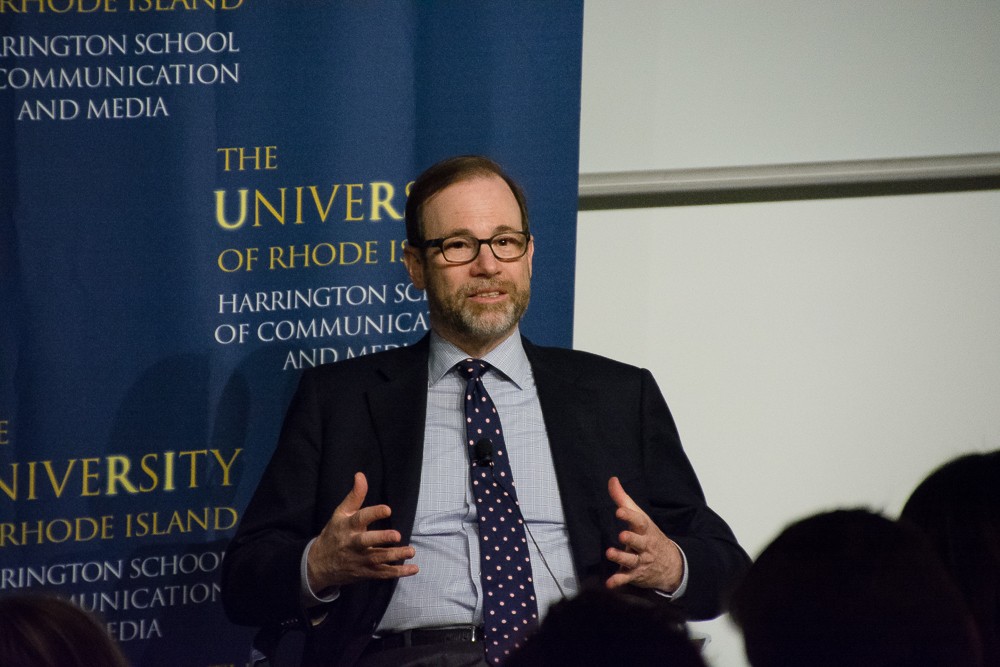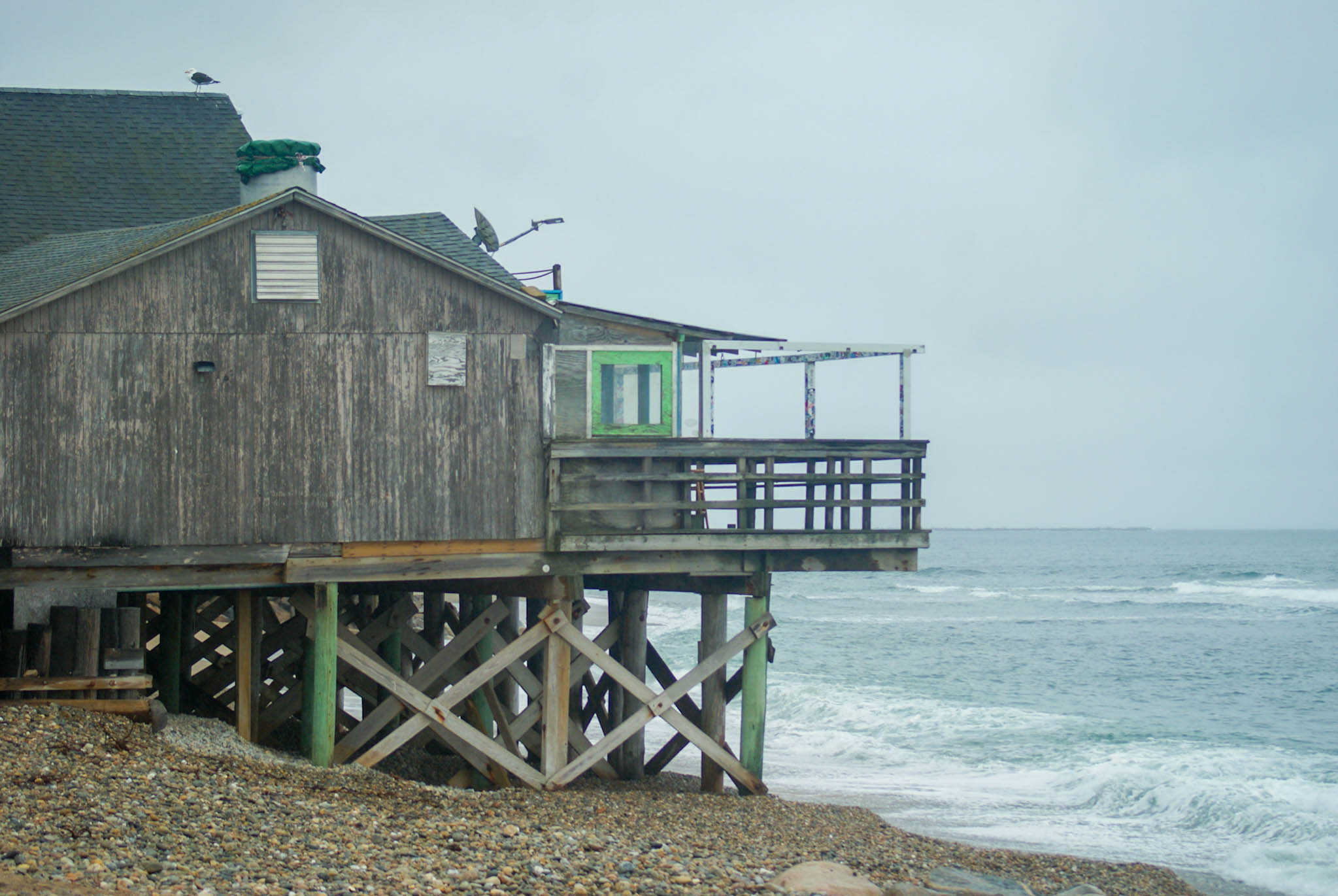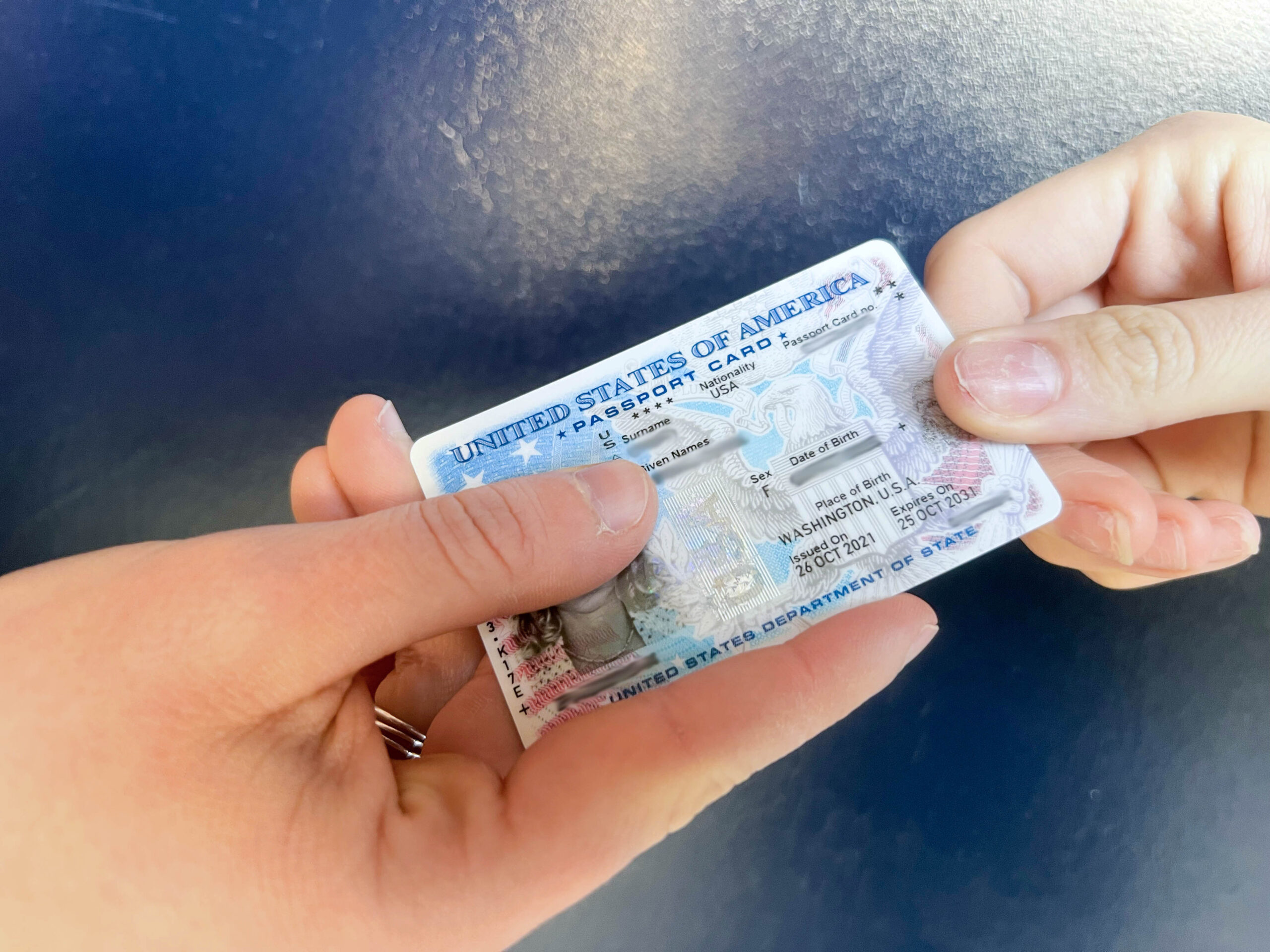The University of Rhode Island held its 11th annual Christiane Amanpour lecture series this past Wednesday. Stephen Adler, president and editor-in-chief of Reuters News, was this year’s guest speaker.
Reuters is an international news agency that provides news to over 3500 news organizations worldwide. Those news organizations have subscriptions to Reuters and buy news from the agency. Local news sources can go to Reuters and cover international news. Adler said that organizations want a good, reliable flow, and Reuters just fills in the gaps for news from other sources.
This year’s lecture was held in a nontraditional manner of a conversational style with journalism department chair John Pantalone. Pantalone asked questions regarding the state of today’s media and the best ways to approach and tackle issues at large.
According to Adler, in 1941, Reuters faced a difficult time for their staff. At the time, it was British-based and there was a governmental attempt to employ writers at a propaganda agency for World War II. The owners of Reuters wanted the agency to be a real news organization that looked at events objectively. This resulted in the development of the Reuters trust principles which embodied the idea of a dependent news source that was free of bias.
“The job of a journalist is to take professional skills and use them to provide information to people so they can make their own decisions as to how they feel about something.” Adler said. “Our job is to help facilitate smart decision-making, and you need good, accurate, fair information to do that.”
The editor-in-chief recalled the public’s opinion of the media during last year’s election. He said that during President Trump’s campaign, the press was being treated as the enemy of the people. “There was a lot of belief among the American press that this was an existential moment that press freedom was at risk in a very fundamental way, and that, in fact, freedom in the United States was at risk,” he said.
Adler stated that society typically believes what they read, which can be dangerous. He emphasized the importance of news literacy due to the extreme polarization of media.
He gave “The Trump Effect,” a standing which tracks the impact of the president’s policies. as an example. Whenever something happened within the walls of the White House, Trump would tweet about it and it would cause an uproar of excitement. Adler said when the dust clear and the country settles down, that thing had no actual impact or significance. Reuters began brainstorming ways to cover the White House administration and make a story out of what was actually newsworthy, focusing on how it’s actually going to affect society in a significant way.
Adler said that the last campaign was “eye-opening” to local news organizations because the focus had shifted over into national news. All updates were available at our fingertips. He stated that social media is constantly rushing out information before it’s true, and we should do everything we can to not make mistakes of misquoting sources. Social media acts as a megaphone, and one rumor can turn into every trustworthy news organization into an untrustworthy one.
“We’re going to be really careful and self-reflective if we make mistakes,” Adler said of Reuters.
As far as tackling the “fake news” issue, Adler described the term as “just a curse word at this point, a damaging term.” The root of the problem comes from news organizations that aren’t credible news organizations. This is an infamous and recurring issue for journalists.
Adler ended the night by giving advice to journalism students. He said the driving forces of passion and curiosity are key in order to be an excellent journalist. Stopping after the required number of sources isn’t enough, and it won’t help getting to the bottom of it. Finding a mentor to guide you along your journey is essential. As much as news is based around the cold, hard truth, Adler said you have to be your authentic self, because being able to connect to people is the best reporting style.
“You have to really want it,” Adler said.
The Christiane Amanpour Lecture series was established by Amanpour herself and has hosted many famous international journalists. Amanpour is an alumna of the University and her endowment provides an opportunity for students, faculty and the public to an evening with successful journalists.
If you have photos from the lecture, use the hashtag #ReutersAtURI on social media.





